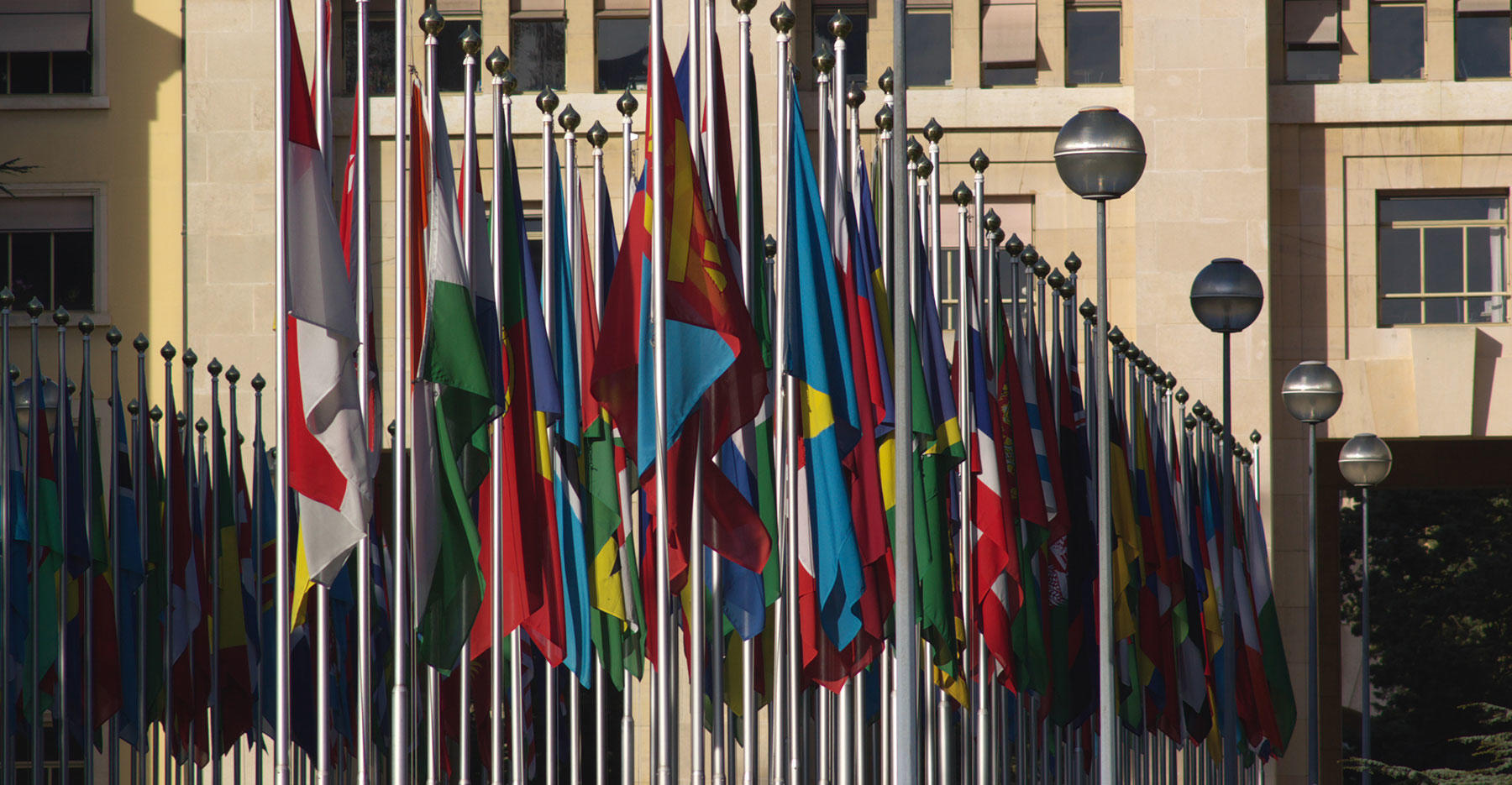Dr. Dorothée Vandamme (University of Louvain) speaking during EFSAS Side-event at the 40th Session of UNHRC
12-03-2019, Geneva
Dr. Dorothée Vandamme, Research Assistant and Visiting Lecturer at the University of Louvain, Centre for the Study of Crises and International Conflicts, the Genesys Network and EFSAS Research Fellow, analysed the recent terrorist attack in Pulwama in Indian Administered Jammu & Kashmir and discussed how this horrendous attack has once again shown that the situation in South Asia is particularly volatile and could bring about irreversible perilous repercussions for the entire Indian subcontinent. According to her, Jammu & Kashmir-based terrorist groups have been used and will continue to be used as strategic assets by and for Pakistan’s asymmetric warfare against India. Dr. Vandamme argued that the links between the Pakistani military establishment and the terrorist groups its sponsors, have been the result of several phenomena, namely its sympathy for the cause of these terrorist groups and the growing number of extremist elements within Pakistan’s armed forces. The ongoing mainstreaming of terrorists in Pakistani politics for the purposes of ostensibly diffusing the threat that they represent, will only provide these organisations with a platform to express their extremist views in an institutionalized way. Dr. Vandamme further examined the state of nuclear commandant control in Pakistan’s nuclear doctrine. She argued that Pakistan has the fastest growing nuclear stockpile in the world today, which is a very concerning trend, since such development places special emphasis on tactical usage and miniaturisation of nuclear weapons. Meantime, it continues to be a very dangerous doctrine, since these battlefield weapons are under the control of theatre commanders, while Pakistan expresses willingness to use nuclear tactical weapons, even in the case of a conventional war with India. Overall, the risk of nuclear exchange comes from the fact that Pakistan’s nuclear structure is vulnerable to elements within the armed forces that have adopted an extremist ideology or those which sympathize with terrorists.
Dr. Dorothée Vandamme (University of Louvain) speaking during EFSAS Side-event at the 40th Session of the UNHRC



